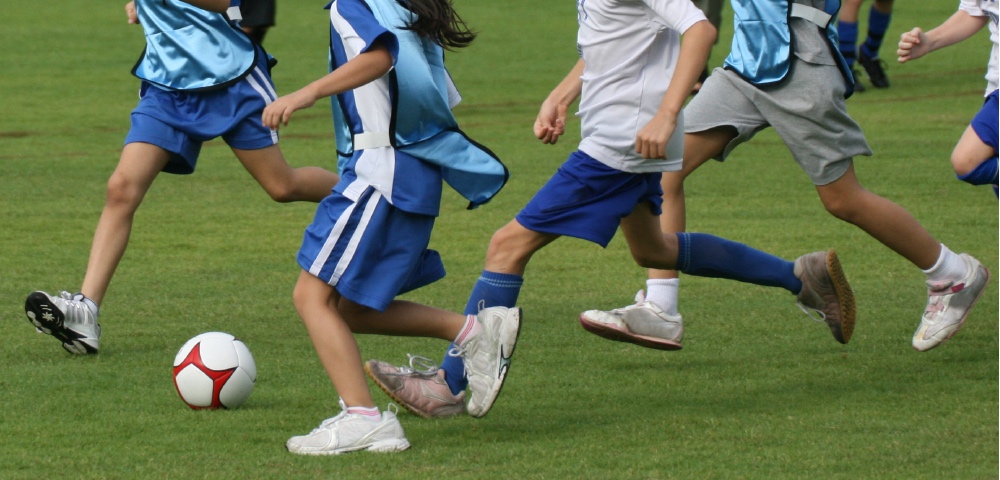Physical activity is thought to be one way to help children and teens build greater resilience to stress and reduce their risk of mental health conditions. The most beneficial ages for physical activity, however, has been unclear, but a recent study suggests that being active can help kids better deal with and overcome stress and reduce their chances of developing mental health issues.
It also helps to start early. Researchers at the Karolinska Institute and Linköping University in Sweden found that physical activity starting in early childhood reduces kids' risk of several mental health conditions in later childhood and adolescence.
“The period just before, and during, the early stages of puberty, might represent a sensitive time during which physical activity is key to developing hardiness and resilience,” the researchers said in a statement.By age 11, kids' physical activity levels dropped from an average of about four hours a day to two-and-a-half hours.
More than 1,350 of the children were diagnosed with at least one mental health condition, and four percent had three or more mental health diagnoses.
Parents reported on their children's time spent outdoors, participation in organized sports and physical activity levels at the ages of five, eight and 11 years old. Physical activity levels decreased from an average of about four hours a day to two-and-a-half hours by age 11.
The study looked at kids' daily activity and their participation in organized sports as they related to depression, anxiety, and addiction.
The daily amount of physical activity at age 11 was associated with a 12 percent decrease in the risk of a mental health diagnosis before age 18 for each additional hour of physical activity.
By age 11 physical activity reduced the risk overall of any mental health condition in boys by 30 percent. Girls, however, did not show this overall benefit.Taking part in organized sports also helped kids' mental health. Taking part in organized sports was associated with a 23 percent lower risk of a first-time mental health diagnosis among boys and a 12 percent lower risk among girls.
When the researchers looked at the relationship between a child's level of physical activity and the risk of specific mental health conditions, boys who were active had a 29 percent lower risk of depression while girls had an 18 percent lower risk.
The risk of anxiety among boys who were active went down by 21 percent by age five and 39 percent by age 11. Anxiety risk did not decrease among girls.
Exercise reduced the risk of addiction among boys by 34 percent by age eight and 35 percent by age 11. No risk reduction was seen in girls.
Taking part in organized sports also helped kids' mental health. Being on a team and playing organized sports was associated with a 23 percent lower risk of a first-time mental health diagnosis among boys at age 11 and a 12 percent lower risk among girls. Each additional hour a week of participation in an organized sport decreased the risk of depression by 35 percent among boys, but only 11 percent among girls.
Anxiety was lower, too. Boys had a 21 percent lower risk of anxiety if they played organized sports. The risk of anxiety among girls who participated on teams was 14 percent lower.
Organized sports also reduced the risk of addiction. It was 41 percent lower among girls and 30 percent lower among boys.
The Centers for Disease Control recommends that children and teens between the ages of six and 17 get at least 60 minutes a day of moderate-to-vigorous physical activity, . These 60 minutes should include:
- Any aerobic activity like running that makes the heart pump faster at least three times a week.
- Muscle-strengthening activities like push-ups or climbing at least three times a week.
- Weight-bearing exercise like walking to build bones at least three times a week.
The study is published in the British Journal of Sports Medicine.





